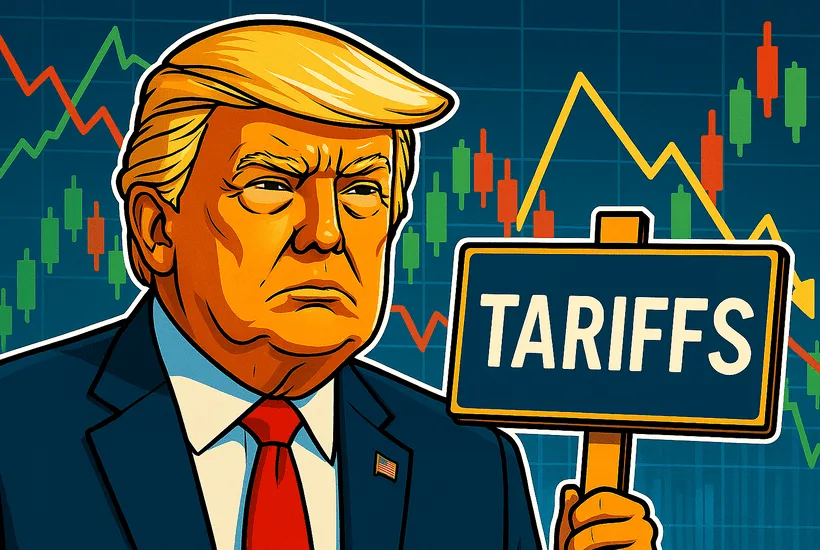- Donald Trump proposes a 200% tariff on imported pharmaceuticals with an aim to bring drug manufacturing back to the U.S.
- Tariffs will not hit immediately, as companies will be given 12-18 months to relocate operations or face steep penalties.
- Similar tariff plans are being considered for copper and semiconductor industries in an aggressive “America First” trade policy.
During a cabinet meeting on July 8, President Donald Trump unveiled sweeping tariff plans targeting key industries like pharmaceuticals and manufacturing. Among the levies that he mentioned, the biggest threat was to impose up to 200% tariffs on imported pharmaceuticals if drug manufacturers failed to relocate production to the U.S. within 12 to 18 months.
Trump framed the move as a tool to bolster national manufacturing and reduce dependence on foreign supply chains. He even warned the pharmaceutical sector that “they’re going to be tariffed at a very, very high rate, like 200 percent,” if they didn’t comply. However, he suggested that those levies would not go into effect immediately, saying he would “give people about a year, year and a half.” This grace period would allow companies time to retool manufacturing accordingly.
This announcement accompanied other major trade actions. Trump flagged a 50% tariff on copper imports, citing national security, a move that is expected to kick in by late July or early August. According to a WSJ report, the U.S. Commerce Department is also conducting national security studies on semiconductors and pharmaceuticals, the outcomes of which would see potential tariffs on these sectors soon.
Newsletter
Get weekly updates on the newest crypto stories, case studies and tips right in your mailbox.
Market reaction was mixed. However, industry stakeholders cautioned that even the threat of new levies could disrupt supply chains, curtail innovation, and limit patient access. The bold stance on pharmaceuticals has triggered concerns among countries like Australia, who are heavily reliant on pharma exports to the U.S. They are urgently seeking clarity on how protections like its Pharmaceutical Benefits Scheme may be impacted.
As countries scramble to make deals with the U.S. before the August 1 deadline strikes, it is becoming imminent that another wave of tension due to Trump’s aggressive trade agenda awaits.













